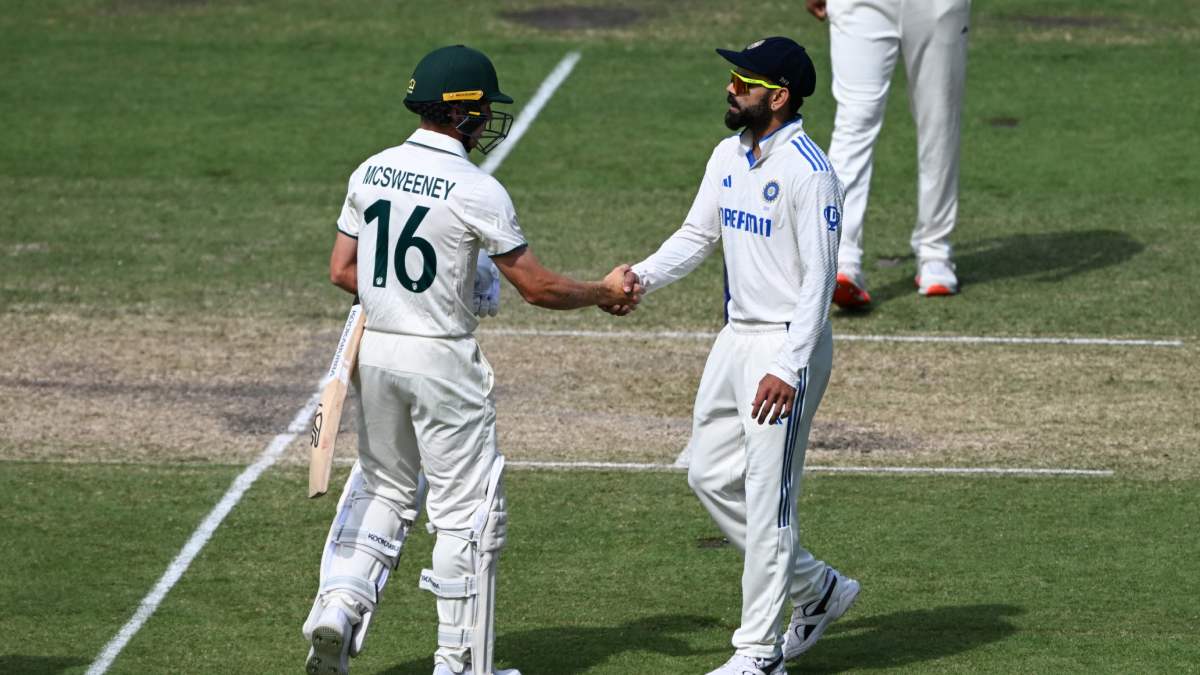Following India’s heavy defeat to Australia in the second Test at Adelaide Oval, former Indian cricketer Atul Wassan criticized the visitors for their lack of “intensity and single-mindedness”—qualities that he believes are vital for a successful Test team.
Australia Levels the Series with Clinical Performance
Australia’s domination in pink-ball Test cricket continued as they secured a comprehensive 10-wicket victory over India in Adelaide, leveling the series 1-1 just days after their 295-run win in Perth.
Travis Head’s Masterclass: Head’s brilliant counter-attacking century (140 in 141 balls, with 17 fours and four sixes) was pivotal in taking Australia to 337 runs in their first innings.
Mitchell Starc’s Brilliance: Starc’s six-wicket haul (6/48) dismantled the Indian batting order, emphasizing his expertise in pink-ball cricket.
Also Read: Georgia Voll, Ellyse Perry’s Centuries Help Australia To Clinch 122-run Win Over India In 2nd ODI
Atul Wassan Warns of Complacency in the Indian Camp
Speaking to ANI, Wassan expressed concern about the Indian team’s mindset, highlighting signs of complacency during the series.
Missing Unity & Intensity: Wassan noted that the Indian team lacked the “intensity and single-mindedness” needed to remain competitive against a strong Australian side.
Distraction Due to IPL Auction: Wassan speculated that the IPL mega auction (scheduled for December 24-25 during the Perth Test) might have distracted Indian players.
“If you let this Test match go, then it (the series) will slip out of your hands. Australia is a different kind of animal. You can never write them off.”
Concerns About New Bowlers & Overhyped Talent
Wassan also weighed in on Harshit Rana’s performance, who struggled in the Adelaide Test, conceding 86 runs without taking a wicket in 16 overs.
Potential vs Pressure: While Wassan acknowledged Rana’s potential, he warned against placing undue pressure on emerging fast bowlers by overhyping them too soon.
The Cycle of New Fast-Bowlers in Indian Cricket: Wassan pointed to examples like Prasidh Krishna, Akash Deep, and others, stressing the need for patience with young talent.
“He is a good bowler. But do not build him up so that he gets so much pressure. He will have bad days.”
Team Maturity & Strategic Changes: A Call for Introspection
Wassan praised the team’s maturity during the tour but emphasized that team unity behind a single goal was missing.
Ravichandran Ashwin’s Inclusion: Wassan reflected on the decision to include Ashwin in the second Test, questioning whether it was the right choice after Washington Sundar’s promising performance in the first Test.
The Importance of Reflection: He urged the team to “introspect” on their decisions rather than make knee-jerk changes. “Your players are good. But them getting united behind a single cause, that was missing.”
Should India Play More Pink-Ball Matches?
Wassan disagreed with the idea that India needs to play more pink-ball matches to gain experience, arguing that the problem lies elsewhere.
Experience Gap in Pink-Ball Cricket: While Australia has more experience, Wassan stressed that it wasn’t just about practice or familiarity.
Critical Moments Matter: India’s poor batting collapse from 69/1 to 87/5 proved fatal in the Adelaide Test, highlighting mistakes rather than the pink ball’s unpredictability.
Recap of the Adelaide Test: A Clinical Australian Performance
India’s batting struggles against the pink ball and Mitchell Starc’s precision proved to be the difference in this match.
Day 1: Starc & Australia’s Bowling Mastery
India won the toss and chose to bat but were soon on the backfoot.
Starc (6/48) ripped through the Indian batting line-up as India was bowled out for just 180 runs.
Key contributions came from KL Rahul (37) and Shubman Gill (31), but their efforts were insufficient.
Day 1 Highlights:
Skipper Cummins & Scott Boland supported Starc with two wickets each.
Day 2: Head’s Century & Australia’s Dominance
A 67-run partnership between Nathan McSweeney (39) and Marnus Labuschagne (64) laid the groundwork for Travis Head’s aggressive century. Travis Head’s (140 off 141) counter-attack further exposed India’s weaknesses. Australia set a lead of 157 runs, with a first-innings total of 337 runs.
Key Indian bowlers were Jasprit Bumrah (4/61) and Mohammed Siraj (4/98), but they struggled to stop the Australian batting momentum.
Day 3: Indian Batting Woes & Australia’s Victory
India struggled again in their second innings, losing key players despite promising starts from Jaiswal (24), Gill (28), and other top-order batters.
Day 3 collapse: India was skittled out for just 175 runs in 36.5 overs.
From there, Australia needed only 19 runs to win, and they comfortably achieved the target, sealing the match and leveling the series at 1-1.
Also Read: Georgia Voll, Ellyse Perry’s Centuries Help Australia To Clinch 122-run Win Over India In 2nd ODI













